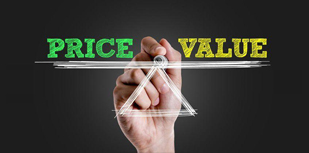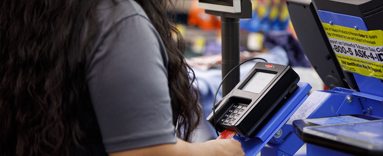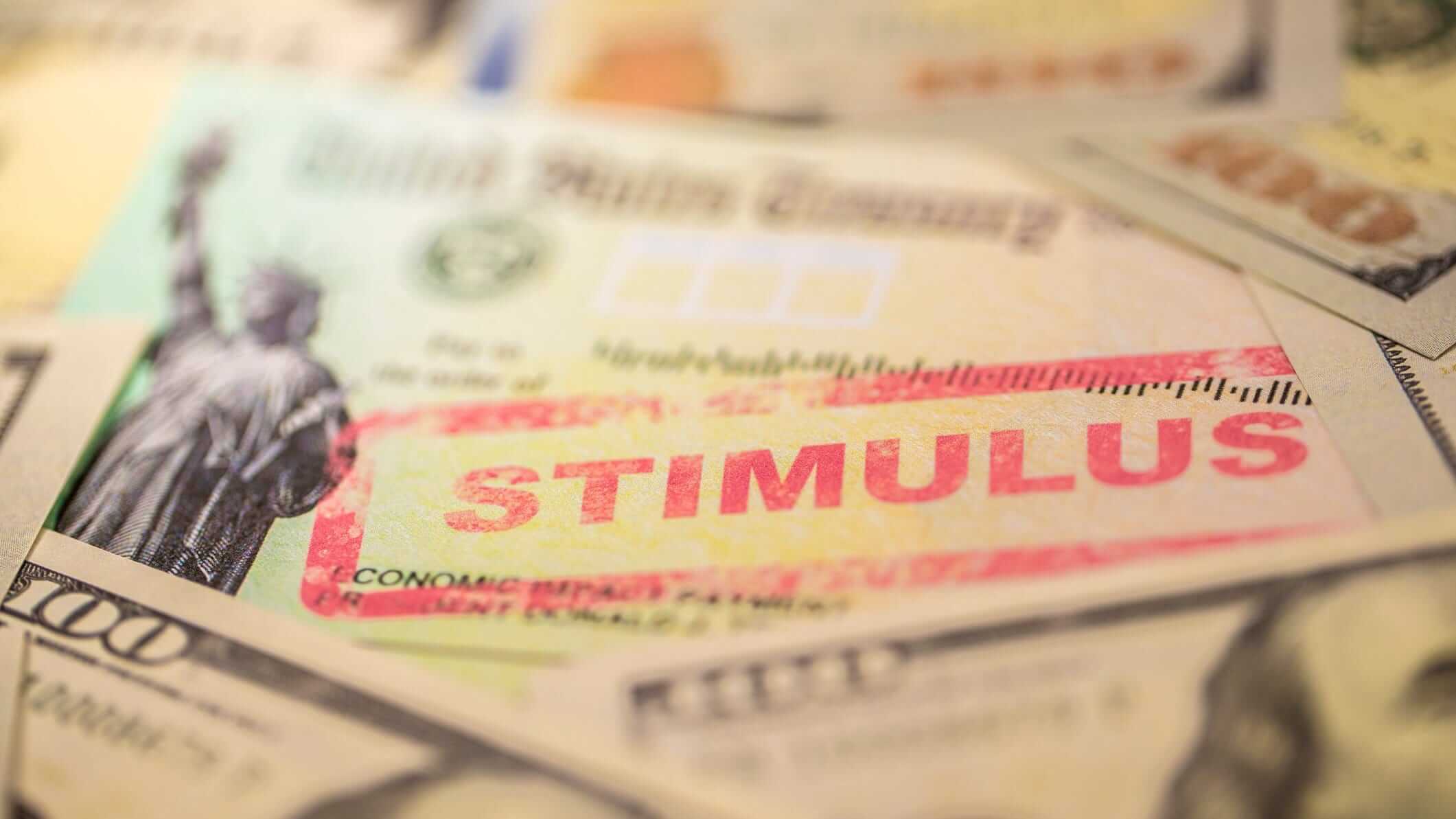Americans received three rounds of government stimulus checks, enhanced unemployment benefits and other pandemic-related federal aid, though they’ve been largely confined to their homes and have few places to spend it.
The big question: How much of the cash will they unleash when the economy almost fully reopens by summer as most people are vaccinated?
The answer will determine how quickly the economy returns to pre-COVID-19 output levels and whether the surge in outlays will be robust enough to set off a spike in inflation that jeopardizes the recovery.
Many economists said the unprecedented circumstances set the stage for a historic spending spree. However, spending will be moderated by the inclination of higher-income households to save most of the money and a hesitancy by many Americans to come out of their COVID-19 shells.
“People are going to happily spend, but they’re not going to completely let loose,” said Mark Zandi, chief economist of Moody’s Analytics. “It’s just going to take time to shake the lifestyles they’ve had for the past year.”
Ethan Harris, head of global economic research for Bank of America Merrill Lynch, said the spending binge could be massive.
“There’s lots of deferred spending that could come into the economy very fast,” Harris said.
Americans in total have about $2 trillion in bolstered savings as a result of the federal payments and their constrained lifestyles, including about $850 billion in stimulus checks, according to Zandi and Harris. That includes rounds of $1,200 and $600 payments last spring and in January, and the current $1,400 checks.
A Federal Reserve survey in October found that 29% of Americans' initial stimulus payments was spent, 36% was saved and 35% was used to pay down debt.
Zandi said that pattern will largely be repeated this year as Americans on average spend about a third of their $1,400 checks in addition to 20% of their total COVID-19-related savings. Though low- and middle-income households will spend all or most of the reserves, high-income people will probably spend only about 4% and save the rest because they view it as wealth, he said.
Zandi estimated the top fifth of income earners own 75% of the excess savings. Goldman Sachs reckoned that group has about 40% – still a disproportionately large share.
Dwight Safer, 50, of Colchester, Vermont, invested all of the stimulus money he received last year in stocks and plans to do the same this year.
“I didn’t need it,” said Safer, a semiconductor industry engineer who recently received a large bonus. “It’s nice to get it, but I wish it would go someplace else of better use.”
Zandi said consumer spending will grow 6.4% this year and the splurge from COVID-19-related savings will add 2 percentage points to economic growth, which he estimated will total 6%. He doesn’t foresee a run-up in inflation that would prompt the Fed to raise interest rates.
Harris is more bullish. He said a relatively modest portion of the initial stimulus checks was spent a year ago because people were nervous about the early recovery. The economy is in better shape – vaccinations are growing rapidly and many more spending outlets will soon be open.
Harris said high-paid workers will view much of their stimulus payments and excess savings as income rather than wealth that’s typically amassed over a long period. If that’s the case, they could spend about 30% of it as they release pent-up demand, he said, while lower-income households spend most of their cache.
All told, Harris expects consumer spending to grow 8.4% this year while the economy grows 7%, paving the way for a possible surge in inflation by 2023.
Ted Adams, 77, of Wayzata, Minnesota, saved previous stimulus checks, but he partly used the latest $2,800 payment for him and his wife to buy two new iPhone 12 costing $1,600. The stimulus check prompted them to move up the purchases, which they had planned to make next year.
“It’s like found money,” said Adams, a retired serial entrepreneur.
Mary von Tobel, 66, of O’Fallon, Illinois, saved part of the stimulus money but used some of it to increase her donations to food banks and will probably use some to defray tax and insurance payments due next month. The payments could help fund trips she and her husband plan to take locally and to Japan this year. Although they would have taken the vacations anyway, the money may prompt them to spend somewhat more lavishly, she said.
“I look at it more as wealth,” said von Tobel, a retired technical writer. “We didn’t earn it.”
This article was originally published by Paul Davidson, usatoday.com.










